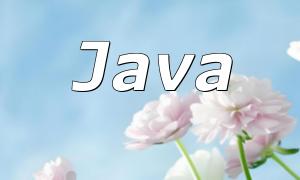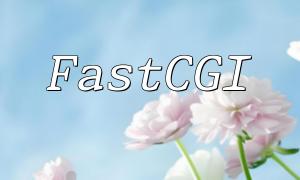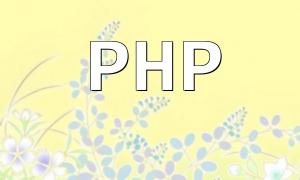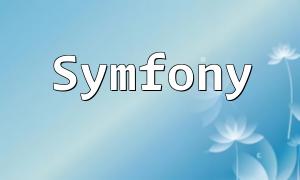Object-Oriented Programming (OOP) is a programming paradigm that abstracts real-world objects into classes. Each class defines the properties and behaviors of an object. In OOP, code is organized into objects that interact with each other to complete tasks. The three main principles of OOP are: Encapsulation, Inheritance, and Polymorphism.
Encapsulation involves hiding the internal state and behaviors of an object, so that the object’s data cannot be directly accessed or modified from outside. This ensures the integrity and security of data.
The key goal of encapsulation is to protect an object's internal state from unauthorized access and modification, thus improving the maintainability and security of the code.
Inheritance allows a subclass to inherit the properties and methods of a superclass, enabling code reuse and extension.
Inheritance reduces redundancy in code and improves maintainability and extensibility.
Polymorphism refers to the ability for the same method to behave differently depending on the object that calls it, thereby enhancing the flexibility of the program.
The core idea behind polymorphism is method overriding, allowing the same method to have different implementations for different objects.
In PHP, a class is the fundamental unit of object-oriented programming. It defines the attributes and methods of an object, describing the object's characteristics and behaviors.
In PHP, a class is defined using the class
Key points:
Objects are created using the new keyword:
$person = new Person("Tom", 18);
$person->sayHello();
Key points:
In PHP, inheritance is achieved using the extends keyword:
class Student extends Person {
private $school;
public function __construct($name, $age, $school) {
parent::__construct($name, $age);
$this->school = $school;
}
public function sayHello() {
echo "Hello, my name is " . $this->name . " and I am " . $this->age . " years old. I am a student from " . $this->school . ".";
}
}
Key points:
In PHP, polymorphism can be implemented by checking the object type using the instanceof keyword:
function introduce($person) {
if ($person instanceof Student) {
$person->sayHello();
} else {
echo "Hello, my name is " . $person->getName();
}
}
$person = new Person("Tom", 18);
$student = new Student("Jerry", 16, "ABC School");
introduce($person);
introduce($student);
Key points:
This article provides a comprehensive overview of the core principles of PHP Object-Oriented Programming, including encapsulation, inheritance, and polymorphism, as well as how to define and use classes in PHP. Object-Oriented Programming enhances code reusability, maintainability, and scalability, making it a crucial aspect of modern PHP development.










